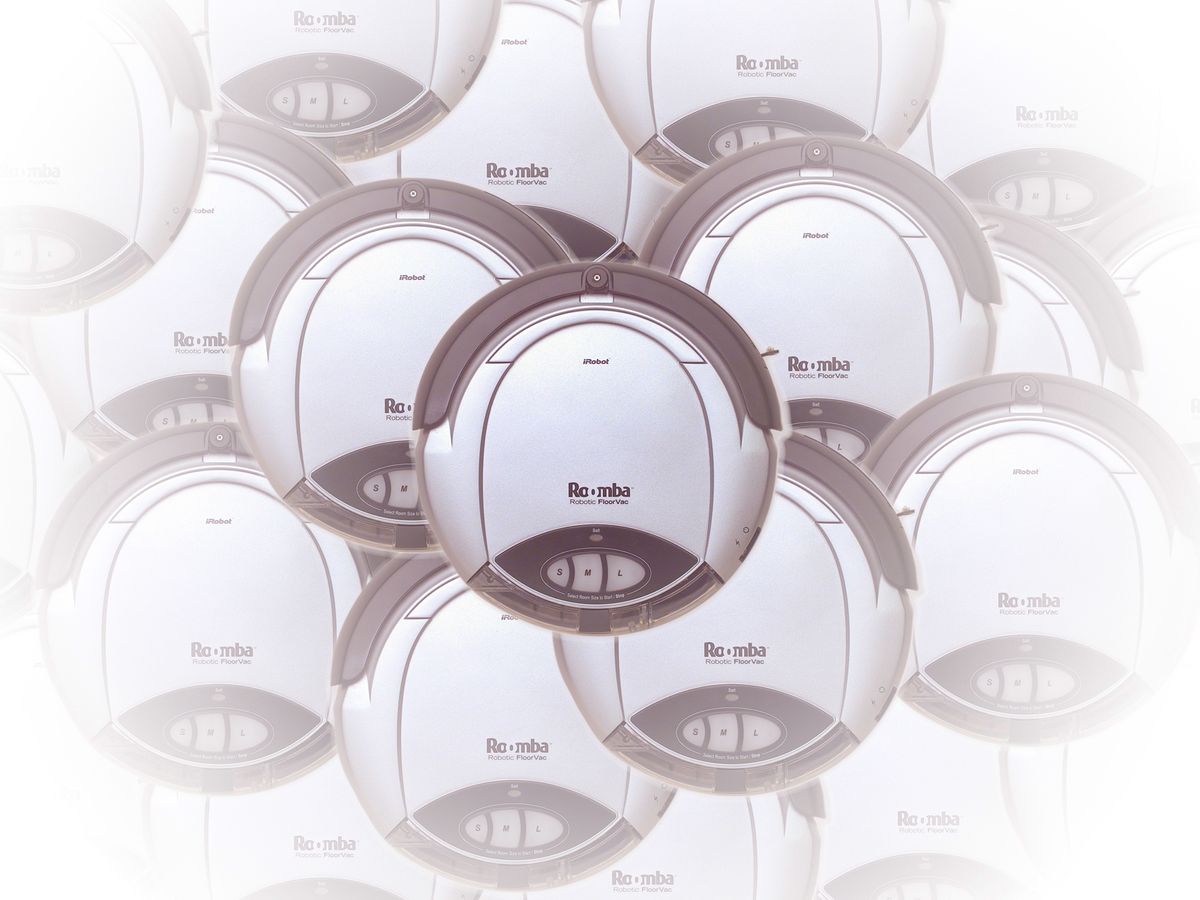How many computers do you own?
If you picked a number close to three (say, laptop, tablet, and smartphone) you're way off. The answer is probably dozens. There are computers in your car, in your appliances, in your thermostat, and maybe even in your light bulbs. Every year the number goes up.
Today, visible computers are just the slimmest tip of the iceberg. Most computers are hidden away, quietly performing their jobs without you even being aware of the work they do for you. That's as it should be. You have no interest in the computers themselves, you just want certain tasks done.
Cute, social robots currently get a lot of press, but are these engaging devices early emissaries of our robotic future? Are we entering an era where no one would dream of living without a cheerful electromechanical companion? In my view, companion robots offer novelty over utility, but once the novelty wears off, it's only utility that people will pay for.
Rather than being front and center, home robots, I believe, will follow computers into the shadows. Why? Because people don't want robots. (I say this despite 30-plus years as a practicing roboticist.) Consumers want a spotless floor; not a machine buzzing around underfoot. Every morning, you want to find your dresser filled with clean clothes; you have no need to socialize with a laundry-bot no matter how exuberant it may be. People want the things a robot can do for them; the robot itself may just get in the way.
Acknowledging that consumers don't love robots the way we do might help roboticists build better products. The robot, I think, should not be an end in itself but instead should be the simplest, most cost effective way to deliver what our customers truly want. Furthermore, if a proposed robot is not the simplest, most cost effective solution to a problem consumers want solved, then we shouldn't build that robot.
In the fairytale of the shoemaker and the elves, the shoemaker awakens each morning to find that his work is done. Discovering how the work was accomplished requires effort on the part of the shoemaker. This, I think, is good inspiration for robot developers.
Home robotics hasn't achieved that happy ideal yet. We can program Roomba to emerge and work when no one is home, but it's still necessary to empty the dirt compartment and clean the brushes. My newest robot, Tertill, which is available on Kickstarter, is another step in the direction of invisibility—delivering a weed-free garden with almost no attention from the gardener.
I look forward to the day when the logistics of home life will simply run smoothly and no one need trouble themselves with the details. Unless they want to.
The views expressed in this guest post are solely those of the author and do not represent positions of IEEE Spectrum or the IEEE. This article was originally published on LinkedIn.
Joe Jones is co-founder and CTO of Franklin Robotics, which is developing a solar-powered garden-weeding robot named Tertill. Previously, he was co-founder and CTO of Harvest Automation and a senior roboticist at iRobot, where he was the co-inventor of the Roomba vacuuming robot. Follow him on Twitter: @JoeRobotJones


